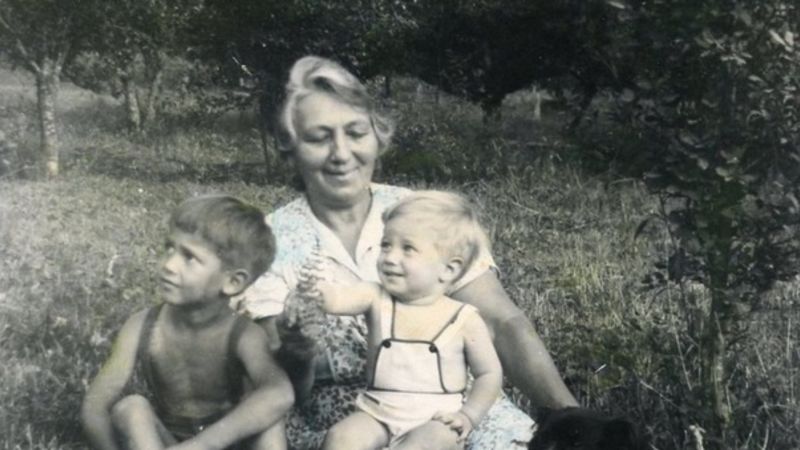
ROTHENBURGER: Imagine how different it would be if we’d taken care of our seniors
THE FIRST LONG-TERM CARE home I ever visited left an indelible impression.
I was a kid, and my grandmother Justina Hohm had been placed there when Alzheimer’s made it impossible for her to live on her own. I visited her along with my parents and brother and I remember her being the same sweet, gentle woman I had always known except for one thing: she didn’t know who we were.
Even my father, who had done so much to defend her and look after her for so many years, was a stranger in her eyes. “And you are?” she would ask every once in a while. It was heart-breaking. And yet, it was a good facility, clean, cheerful, well-run. It’s my recollection that it was a government-run building, pre-privatization. Much has changed in the field since then and, today, long-term care facilities (or, nursing homes or extended care, if you prefer) are much under scrutiny. A report on five Ontario long-term care homes has painted a shocking picture of neglect and abuse of their elderly residents.
Cockroaches, feces-contaminated rooms, force feeding — these are the things pointed out in the report by the Canadian military on how we treat our seniors in their last years.


